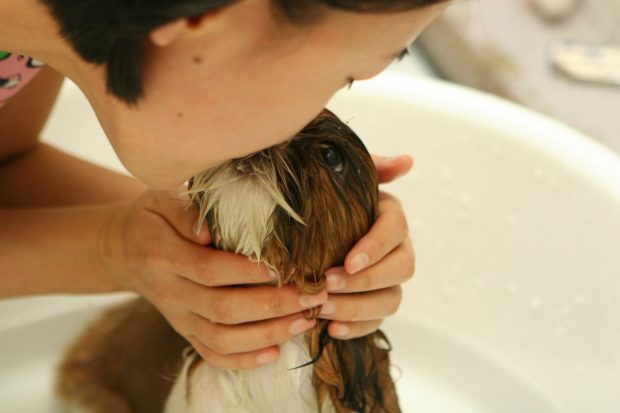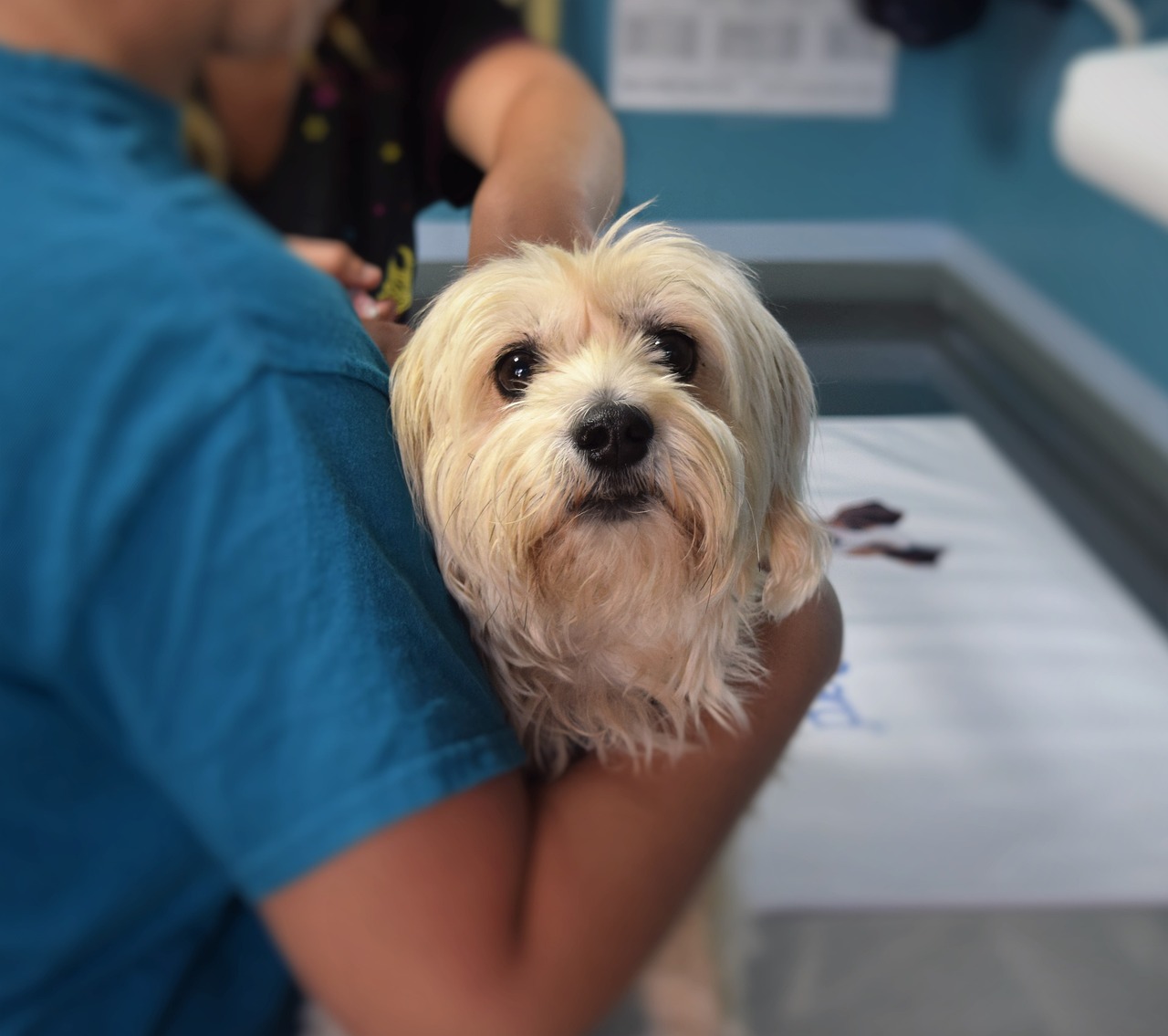When it comes to puppy parenting, learning the ropes can be incredibly challenging, especially for fresh-faced pet owners stepping out of their element. Knowing which advice to follow and which to toss aside is complicated and situational, leaving some confused and overwhelmed when researching techniques. Though you should comb through puppy training methods with a fine-tooth comb, there are basic behaviors you’ll want to prioritize and mistakes you can avoid. If you’re hoping to clear common training hurdles, read on for seven blunders many first-time pet owners make and how to dodge them.
Assuming that your pup is too young for training
One of the worst mistakes you can make as a dog parent is assuming your new puppy is too young to begin foundational training. Though it’s true more advanced exercises may be too complicated and intense for a young dog, you’d be surprised at the headway you can make by being proactive in their training. Plus, if you wait to begin working with your canine companion until they’re older, they might miss out on essential bonding time and misunderstand critical cues later on.

If you lack the resources, know-how, or time to train your furry friend adequately, consider looking into trained puppies for sale to skip over the grueling beginning stages. That way, you can ensure the time you do spend working with your pup will be built upon a firm foundation.
Impulsive adoptions
Though adorable, tiny puppies with pleading eyes may draw you into their thrall, make sure you think long and hard before jumping into a decision you might regret down the road. After all, if you decide to adopt a young pup, your days will be filled with chaos and your evenings with late-night potty breaks. Instead of allowing impulsions to satiate your puppy fever, consider writing out a list of duties, pros, and cons, taking an honest inventory of what you can handle. That way, you can avoid rehoming and tearful goodbyes if you end up in over your head.

Prioritizing looks over temperament
Another critical mistake to avoid if you decide to become a puppy parent is overlooking difficult temperaments. Although it’s tempting to ignore the pup’s personality and make up your mind based solely on looks, some dog breeds can be challenging to train and handle. For example, herding breeds and working lines may be appealing on the outside, but they’ll need extra attention and exercise to ensure they remain well-behaved and stimulated.
Purchasing from a store or puppy mill
Though purchasing a pup from a shop or backyard breeder was once standard, extreme risks come alongside clumsy breeding practices often associated with puppy mills. Instead, do ample research on independent breeders with excellent reputations and accreditation. That way, you will avoid pups with potential health issues in the future.
Refusing to set boundaries with your pup
While bedtime snuggles and playful chomps are fun for any puppy parent, making sure your dog understands boundaries early on is critical to avoid poor behavior. Your canine companion should respect you and follow your lead, not the other way around, which means you’ll need to set some ground rules, even if it may seem extreme at first. For example, if you want your bed dog-free in the future, don’t allow them up—even if they give you puppy eyes. Or, instead of letting finger nibbles slide time and time again, give them teething toys early on to instill a no-biting rule while they’re young.
Wrapping up
Although learning the ins and outs of puppy parenting can be exhausting, taking the time to correctly train and bond with your new furry family member will make for a well-behaved dog in time. Make sure you’re avoiding improper techniques and common mistakes, and watch as your dog grows into the companion you’ve always dreamed of.













